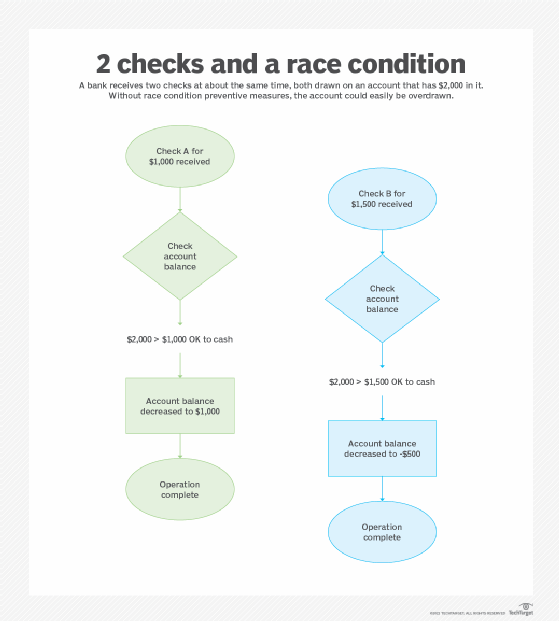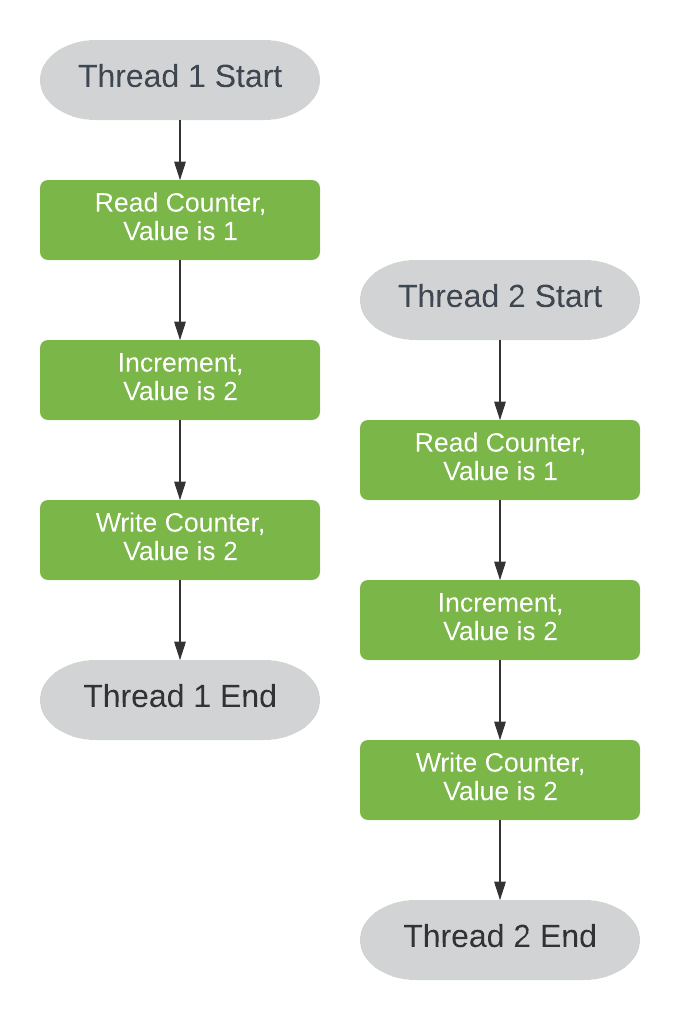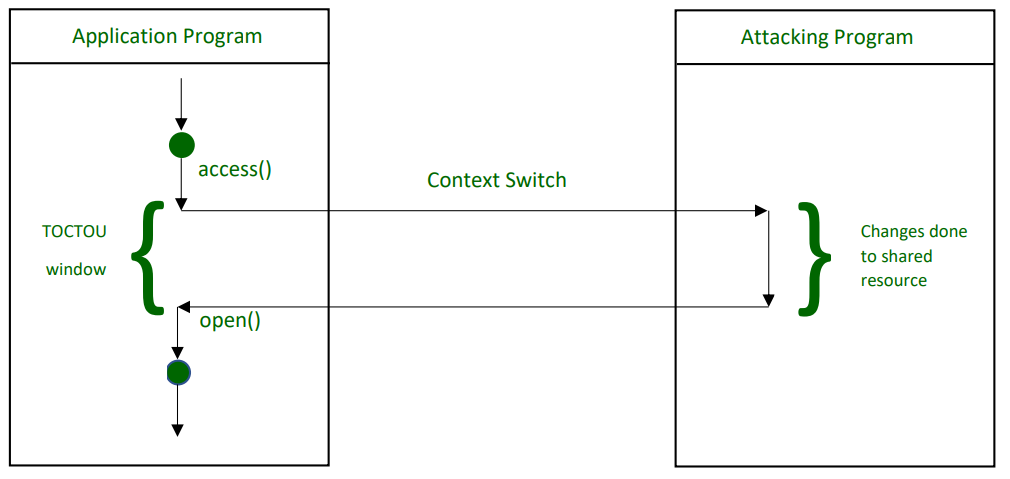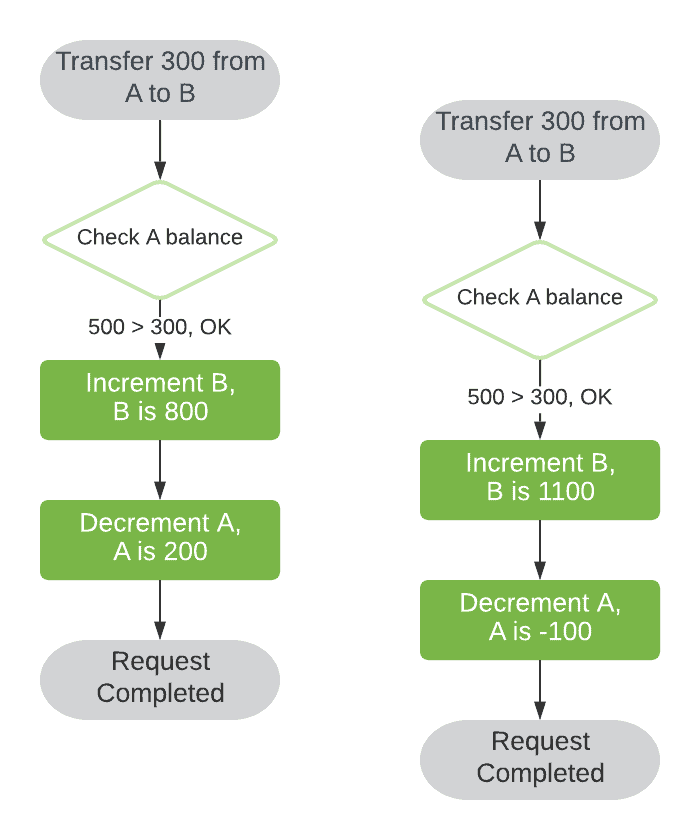Top Notch Info About How To Avoid Race Condition In Java

It is clear that you need to restrict access to the critical section (code where shared resource is modified).
How to avoid race condition in java. Now question is how to avoid race condition in your java application? Race condition occurs when multiple threads read and write the same variable i.e. Type in the following java.
As we have already covered threadlocal in multithreading in java series. Race conditions can be avoided by proper thread synchronization in critical sections. This particular race condition is easily avoided by using methods of the interlocked class, such as interlocked.increment.
By maintaining proper thread synchronization, you can avoid the race condition. To read about other techniques for synchronizing data among multiple. They have access to some shared data and they try to change it at the same time.
There are two popular ways in java to prevent the race condition. Code which relies heavily on sleeps is prone to race conditions, so first check for calls to sleep in the. Using synchronization to avoid race condition in java.
Race condition or race hazard is an undesirable situation of software, electronics, or other systems. Then the first thread and second thread perform their operations. Two transactions with the same state can't happen at the same time (avoid race condition);
That brings us to the question how to avoid race condition in java. The process trying to access a resource will eventually acquire it (avoid starvation). When race conditions occur the first thread reads the variable, and the second thread reads the same value from the variable.


















